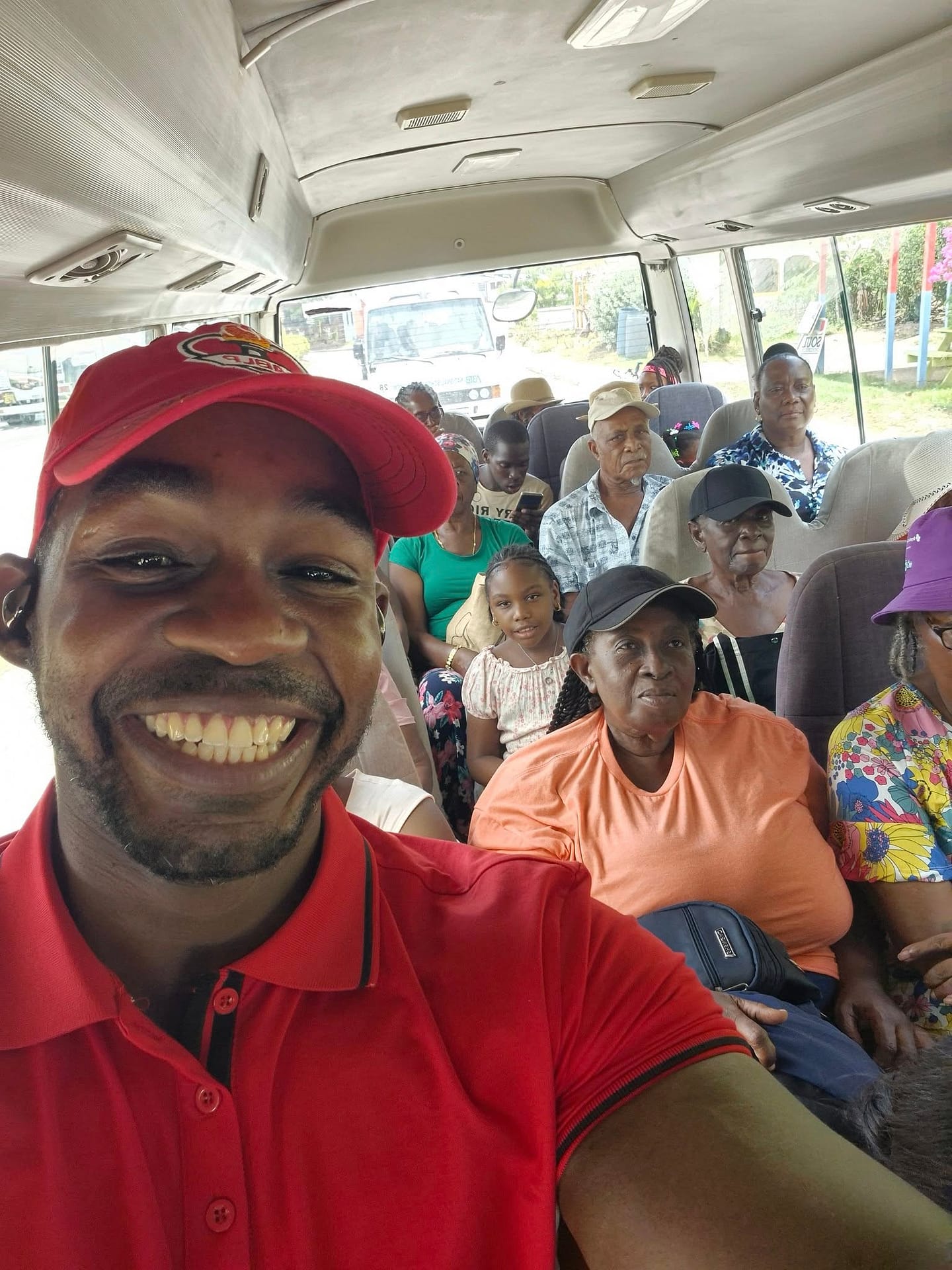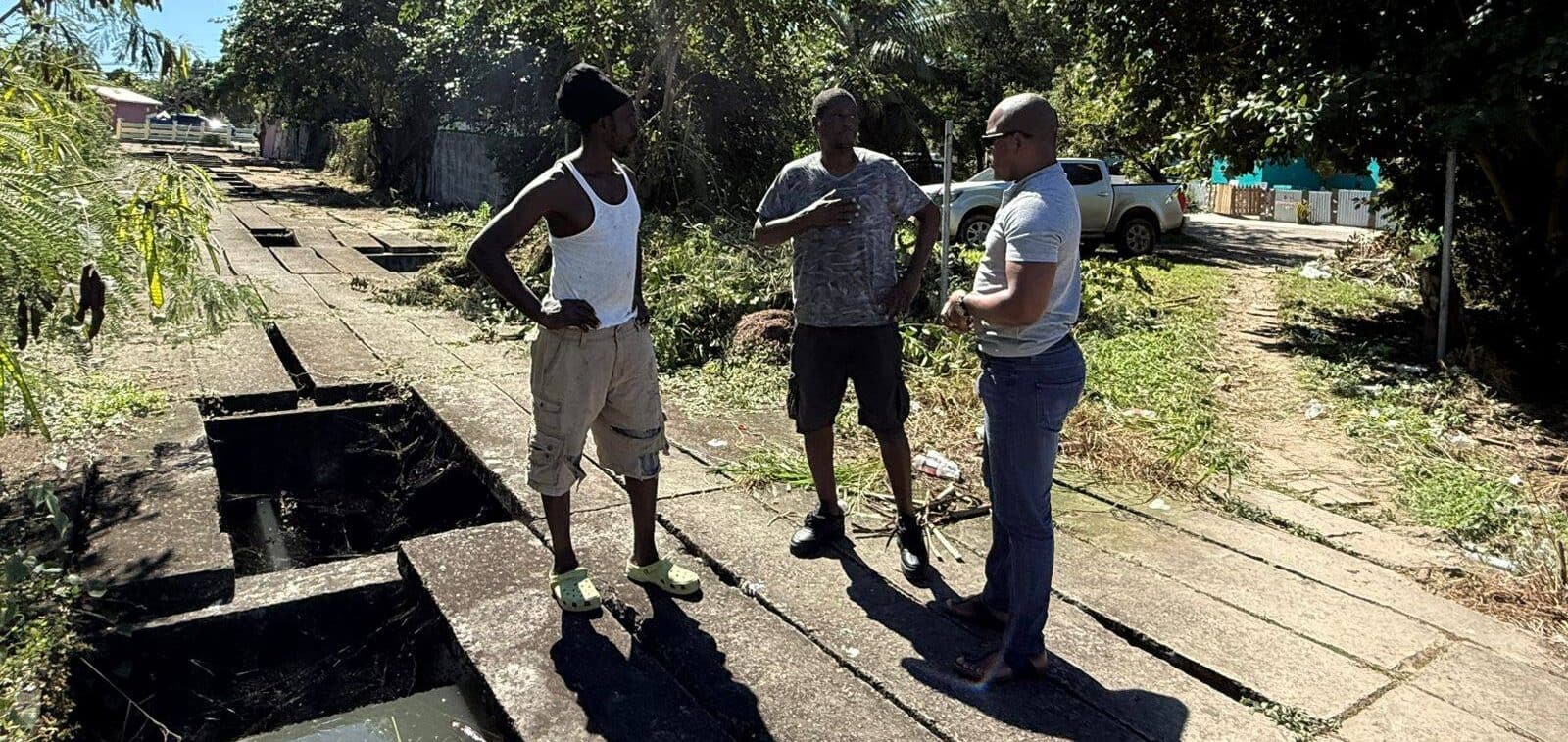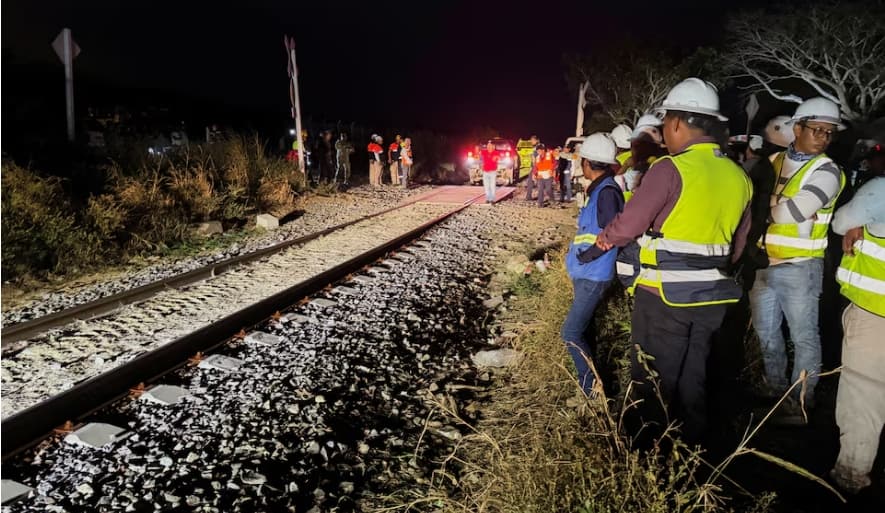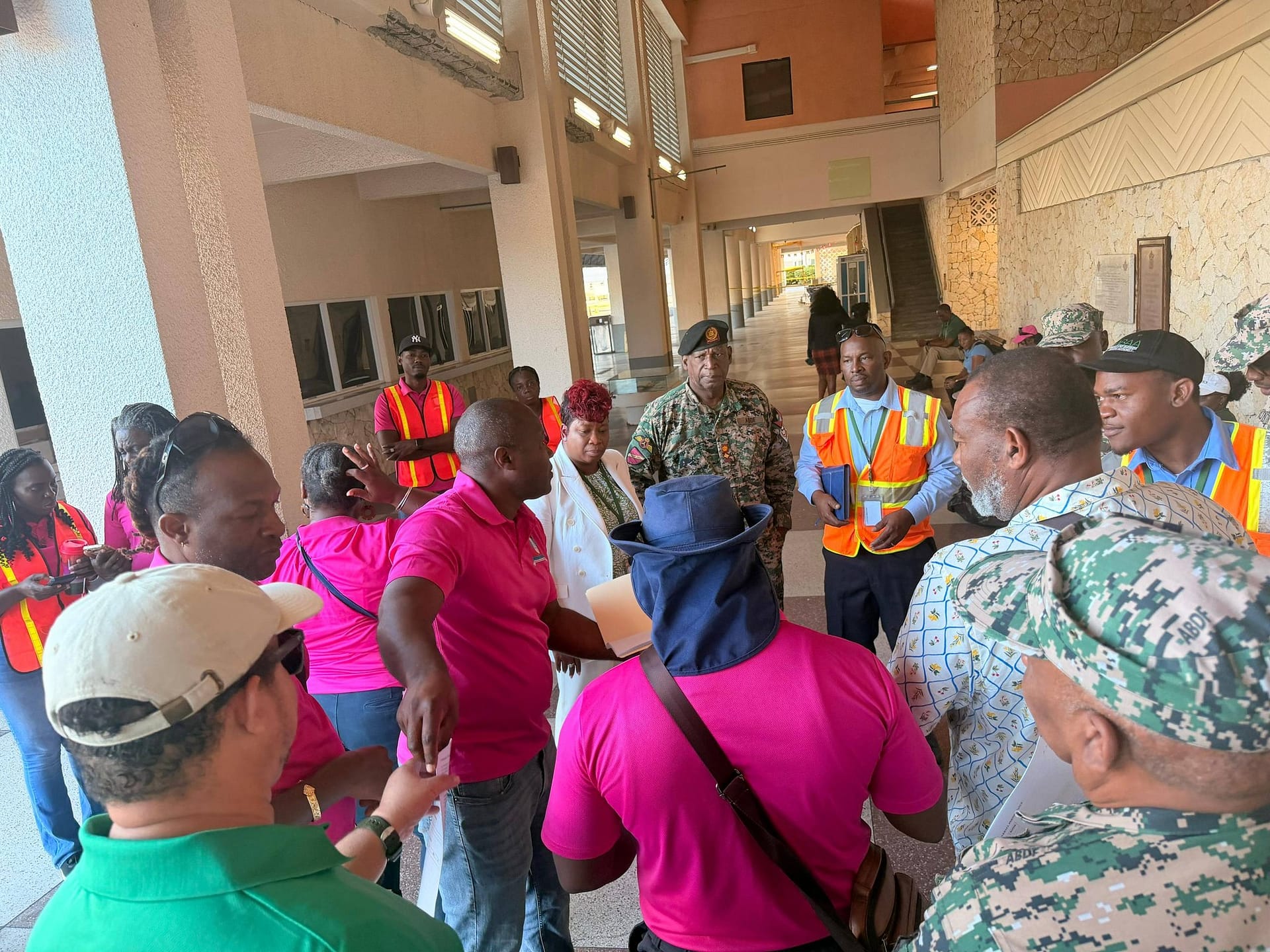In a strategic move to diversify its service capabilities, regional aviation leader CalvinAir Helicopters has officially integrated a fixed-wing Pilatus PC-12 aircraft into its operational fleet. This expansion marks a pivotal evolution from a purely rotary-wing service to a comprehensive air transport provider.
The state-of-the-art turboprop, configured for eight passengers with VIP amenities, introduces unprecedented range and capacity to the carrier’s offerings. With a cruising speed of 300 mph, superior payload capacity, and enhanced operational range, the PC-12 enables CalvinAir to execute longer-distance charters and critical medical airlift missions with greater efficiency.
CEO Mark Fleming characterized the acquisition as a transformative development. ‘Integrating the Pilatus PC-12 fundamentally enhances our service portfolio,’ Fleming stated. ‘This aircraft isn’t merely an addition; it’s a strategic asset that allows us to address longer-range corporate charter demands while simultaneously amplifying our emergency medical response capabilities across the Eastern Caribbean.’
The aircraft’s operational value has already been demonstrated through a recent medical evacuation from Antigua and Barbuda. The PC-12 successfully transported Kimroy Williams, a local taxi driver suffering from a severe spinal condition, to Trinidad for urgent specialized surgery, a mission underscoring the aircraft’s critical role in regional healthcare logistics.
This fixed-wing addition complements CalvinAir’s existing fleet of three luxury Airbus H130 helicopters, creating a mixed-fleet structure optimized for varied mission profiles. The company reaffirms that all operations will continue to adhere to the highest standards of safety, reliability, and customer service that define its brand.
This fleet expansion signals CalvinAir’s commitment to addressing the growing and evolving transportation needs of both private and corporate clients, while strengthening vital emergency support infrastructure for the region.









